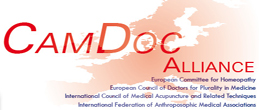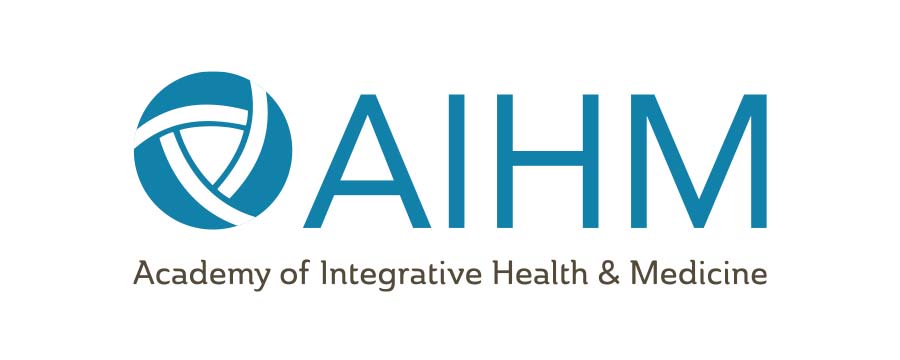Recognition of Integrative Medicine and Health - IM/CAM in Europe and worldwide - Research networks
Scientifically based evidence regarding effectiveness and safety of integrative and complementary medical systems has rapidly increased over the last decades. State promoted research in Europe and the United States has significantly contributed to this development. Examples for state promoted research are amongst others:
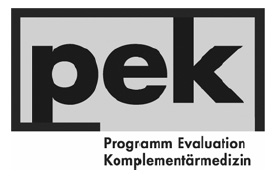
Swiss "Programm Evaluation Komplementärmedizin" 2006 (PEK)
Final report(pdf)
Competence Network for Integrative Medicine (KIM)
www.kim-bw.de
The Competence Network for Integrative Medicine (KIM) is an innovative collaboration of hospitals, outpatient centres, and research institutes localised in Baden-Württemberg, the south-western Federal State in Germany. Since its foundation in November 2017, the KIM partners work for the development, implementation, and evaluation of integrative treatment concepts. Partners are hospitals, outpatient centres and research units. The vision behind their collaboration is to create a growing network that stands for efficacy, quality, and safety of integrative medicine.
KIM is funded by the Federal State of Baden-Württemberg (D) and closely collaborates with academic networks, such as AZIM.
Academic Centre for Complementary and Integrative Medicine (AZKIM) www.azkim.de
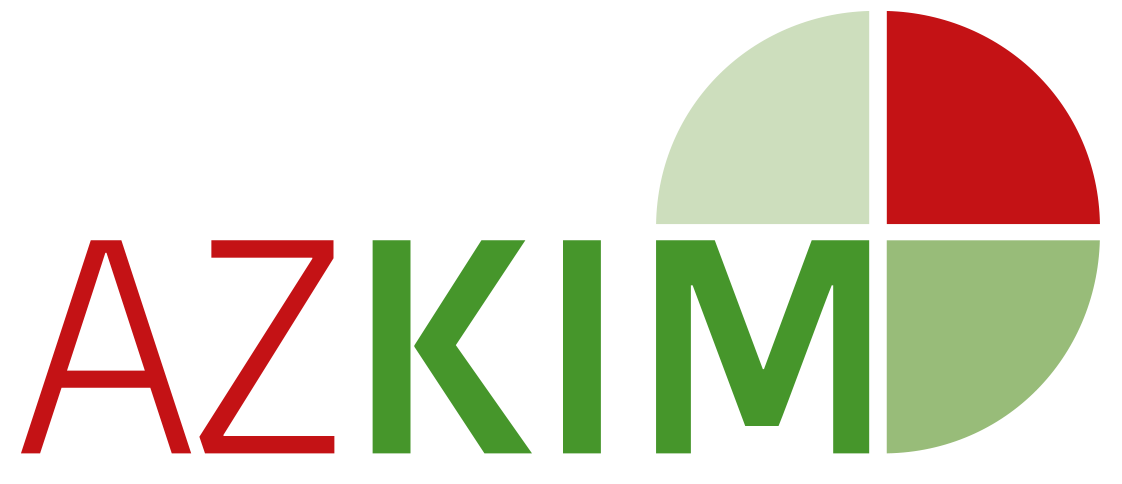
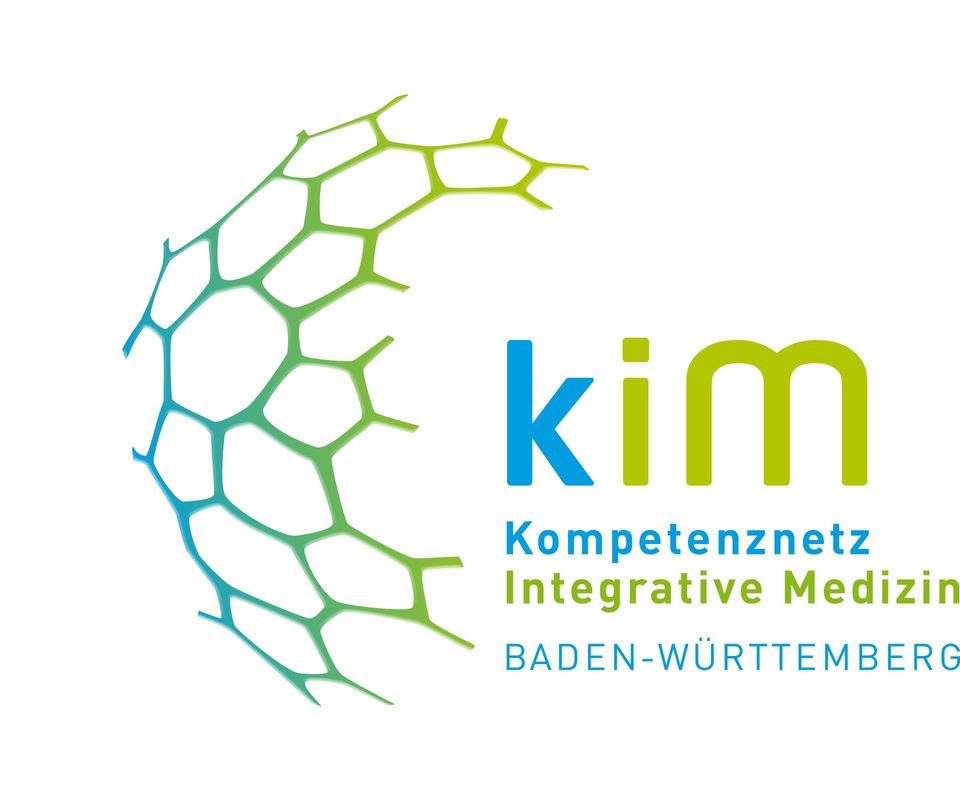

The “European Society for Integrative Oncology” is a Forum for the development of complementary and experience-based Therapies in oncology. https://esio.info/
Event: ESIO-Update 2020: Supportive Therapies in Oncology 2.0, Part 2 Nov 12, 16:00 – 18:15
Nordic Integrative Medicine NETWORK (NIM)
The vision of Nordic Integrative Medicine (NIM) is to create a NIM Center for Integrative Health and Research, a multidimensional green healthcare model for Scandinavia and Europe.

Brazilian Consortium for Integrative Health
The mission of the Brazilian Consortium for Integrative Health is to contribute to fostering scientific research of integrative and complementary approaches to health through the systematization and production of studies and research, expanding the visibility of scientific knowledge in the area and promoting exchanges and collaborations between researchers, national and international universities and research groups to support the implementation of Traditional, Complementary and Integrative Medicines in an integrated manner with the public health system with safety, effectiveness, professional qualification, quality of services and products.

National Center for Complementary and Integrative Health (USA)
Office of Cancer Complementary and Alternative Medicine (OCCAM) (USA)
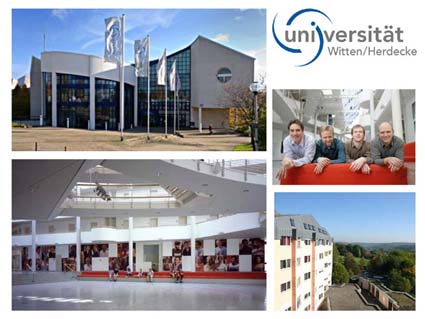
Chairs and University Departments for Integrative Medicine have been established in several European universitys, for example:
University of Duisburg-Essen (D)
University of Berlin Charite: Forschungsinstitut Havelhöhe (D)
University of Southampton (GB)
University of Tromsø NAFKAM (N)


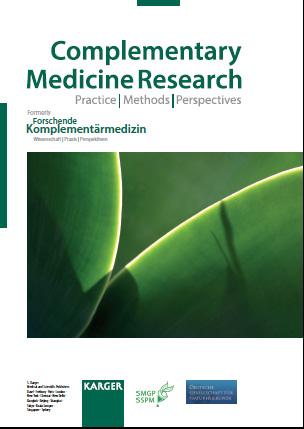
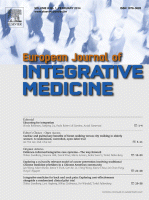


There are more and more high quality Peer-reviewed Journals available which publish high level studies in the field of CAM and intergrative medicine.

WHO has publishes several key publications on IM/CAM and Traditional Medicine



